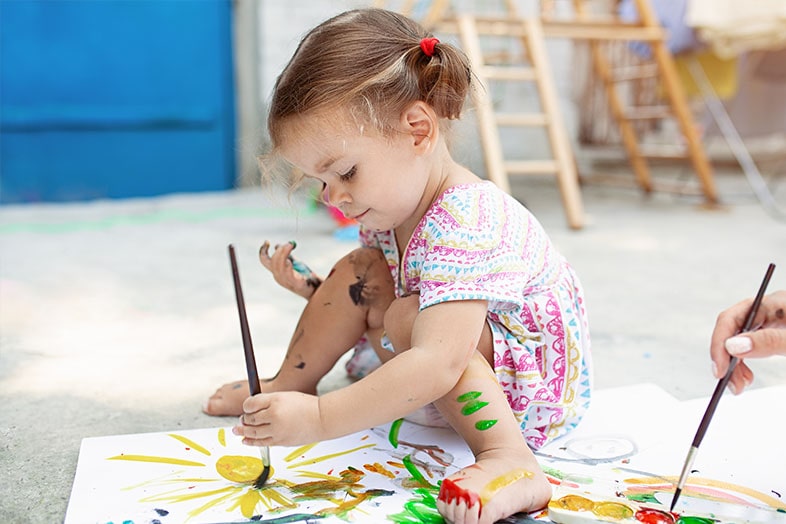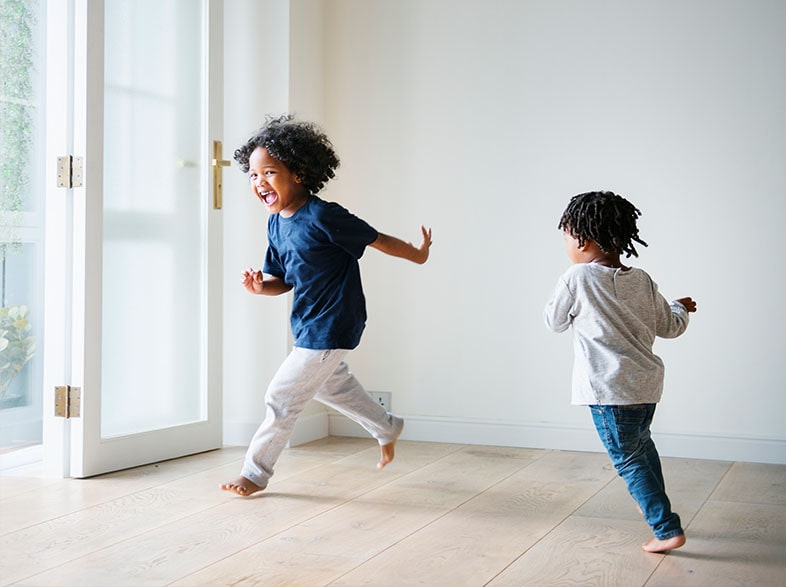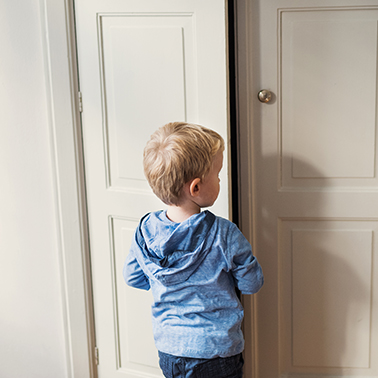We all know that children can have boundless energy and enthusiasm. We also know that when things are not quite going right, they can start to feel low and lacking in self-esteem. Having episodes of bedwetting can be a very tricky time for your child.
Though this is usually just a short phase that resolves itself in time, your child may worry that their parents are upset or disappointed with them, or worse, that their parent feels angry.
Helping your child through this mix of emotions is just as important as supporting them with the physical aspects of bedwetting.
I’ve discovered a few nice things you and your child can do together to help them get a bounce back in their step and help you bond too.
Why boosting a child’s self-esteem and self-confidence matters
We all love to feel respected and valued
When your child is going through a period of bedwetting, their confidence may be severely dented.
Not only do they have the shame and discomfort of wetting the bed, they also have the disturbed nights that this leads to, as pyjamas and bedding is changed.
Some nice activities to help boost your child’s confidence is an excellent way to help them breeze through this phase.
What is confidence and why does it matter?
Children like to feel good about themselves and if they do, we call it confidence or self-esteem; believing in their abilities and feeling good about lots of different things. This might include the ability to make and keep friends, how well they do at school, their abilities in sports, how they look – and of course, whether they can stay dry at night.
It's a sad fact that many children, even if they are incredibly confident as toddlers and small children, start to lose some of their self-esteem as they go through primary school.
“This can be due to several factors,” suggests Liat. “not least of which is that they learn about critical thinking and may start to apply that to themselves. They may start to have problems with friendships and may be concerned about their physical or mental abilities.
As a parent, you will want to help your child stay confident and happy, even if there are things they can’t quite control yet—such as bedwetting.
It’s important to remind them that this is a phase, that it affects lots of children and that [most of the time] they will grow out of it.
Four great self-confidence boosting activities
When you’re going through a tough time with your child, planning some nice activities will not only help them keep happy and confident.
It will also help you bond with your child and keep the lines of communication open between you, which is incredibly important when wanting to gain your child’s trust.
Cook a meal together

A nice activity to do together is to cook something. Let your child decide what’s for dinner, shop for the ingredients together and then make it. If you don’t want to cook a whole meal, perhaps you could make a batch of muffins or fairy cakes.
Seeing something through from start to finish is very good for your child’s esteem and if they can then eat something delicious, that’s even better!
Make a work of art

Getting creative with art supplies is another great way to give your child something they feel good about.
From finger painting with very young children to creating something more advanced for older children, have some time set aside when you get out the art supplies and help your child create a masterpiece.
When it’s finished, make sure you make a lot of fuss of your child and display it in a prominent position on the wall or fridge.
Get physical

There’s nothing like physical activity for helping us feel good.
From the endorphins it releases that make us feel physically good, to the fresh air we get while doing outdoor exercise, it’s a win-win—especially as fresh air and exercise will also help your child sleep well and deeply, a factor that can help them stay dry.
Take in the arts

If you have a child who loves singing, dancing or acting, it can be great to encourage their love of the arts with a trip to the theatre.
There are lots of matinée performances for kids in the afternoons, so you can book ahead for a Saturday or in the school holidays and some theatres have special behind-the-scenes activities for kids too.
Being at a performance is like nothing else; your child will be completely taken out of themselves for the duration of the performance and they can’t be worrying about what’s on their mind.
Even the cinema can be a great place to escape for an hour or two.
Alternatively, whey not enrol them in music lessons, stage school, singing groups or a dance class?
Other tips to boost your child’s confidence after bedwetting
Along with activities to help improve their self-esteem, Liat also had some great tips on how to boost their confidence if they wet the bed.
Respect your child’s privacy
If they want to change themselves without your assistance, let them. Tell your child that you will never discuss their bedwetting with anyone else unless they give permission.


Respect your child’s independence
If they want to clear up after themselves, let them and allow them to make decisions about using helpful products like DryNites® Pyjama Pants or Bed Mats.
Keep your child involved in your decision-making
If you do decide that you need additional help, for example from a doctor, discuss this with your child first before you make any appointments.


Don’t let them miss out
Ensure your child does not miss out on activities like sleepovers and camp-outs or school trips.
With the discreet help of DryNites® Pyjama Pants, your child can have the same fun as their friends.
Discuss ways to cope, such as limiting drinks in the evening and changing in private.
Put a smile back on your child’s face, with our helpful advice
We hope this advice helps you and your child get through this tricky patch.
While having a temporary problem like bedwetting can really knock your child’s confidence, building it up in different ways can make help your child stay positive and happy.
While planning these activities to support your child, don’t forget to keep the rest of their lives on track for the best possible chance for getting over night-time accidents.
Make sure you have a good bedtime routine in place so that your child gets plenty of sleep and if they do have a disturbed night, see our helpful suggestions for getting back to normal the next day.




 your parenting partner
your parenting partner